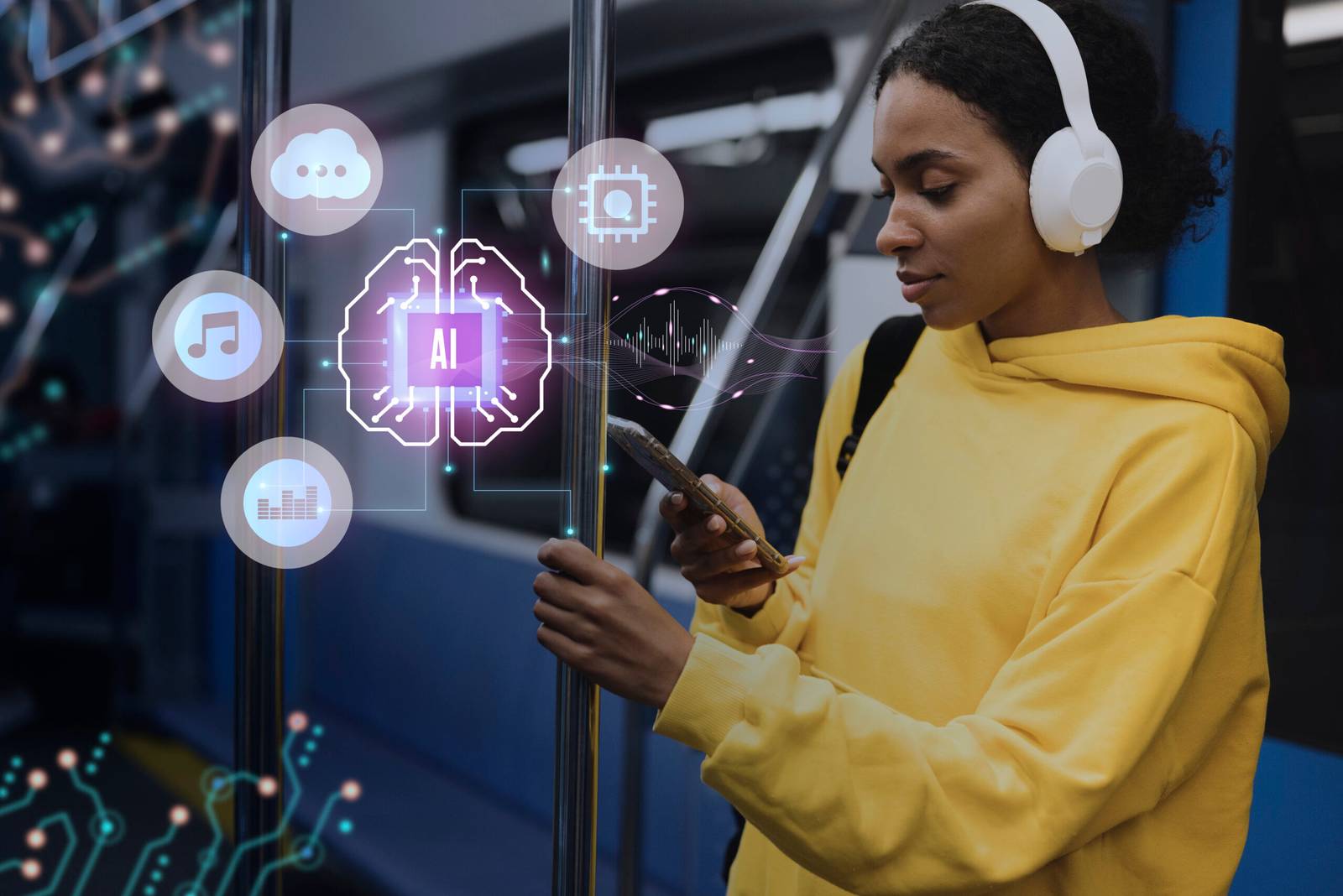AI in Education: Personalized Learning and Assessment

by Web Digital
In the rapidly advancing landscape of education, Artificial Intelligence (AI) has emerged as a revolutionary force, transforming traditional teaching and assessment methods. This article delves into the multifaceted applications of AI in education, with a specific focus on personalized learning and assessment. From adaptive platforms to intelligent grading systems, AI is reshaping the educational experience, catering to individual needs and fostering a more effective and inclusive learning environment.
Personalized Learning with AI
1. Adaptive Learning Platforms
AI-driven adaptive learning platforms analyze individual student performance, identifying strengths and weaknesses. These platforms dynamically adjust content and difficulty levels, providing a personalized learning path for each student. Adaptive learning not only accommodates diverse learning styles but also ensures that students progress at their own pace, mastering concepts before moving forward.
2. Intelligent Tutoring Systems
AI-powered intelligent tutoring systems act as virtual tutors, offering personalized guidance and support. These systems use algorithms to understand a student’s learning patterns and preferences, delivering targeted assistance and additional resources when needed. Intelligent tutoring systems enhance the effectiveness of one-on-one instruction, making personalized learning accessible on a broader scale.
3. Customized Learning Experiences
AI facilitates the creation of customized learning experiences tailored to individual needs. By analyzing student data, AI algorithms can recommend relevant content, learning materials, and activities. This personalization ensures that students engage with material that aligns with their interests, making the learning process more engaging and effective.
AI-Driven Assessment
1. Automated Grading Systems
AI automates the grading process, providing efficient and objective assessments. Machine learning algorithms can evaluate various types of assignments, from multiple-choice quizzes to essays, offering timely feedback to both students and educators. Automated grading allows teachers to focus on providing targeted support and personalized guidance.
2. Predictive Analytics for Student Performance
AI employs predictive analytics to identify students at risk of falling behind. By analyzing historical data and ongoing performance, AI algorithms can predict potential challenges and recommend interventions. This proactive approach enables educators to implement targeted support strategies, ultimately improving student outcomes.
3. Individualized Feedback
AI enhances the feedback loop by providing detailed and personalized feedback to students. Intelligent algorithms analyze responses, pinpointing areas of strength and weakness. This feedback is crucial for students’ self-assessment and improvement, fostering a continuous learning cycle.
Overcoming Challenges
1. Data Privacy and Security
Safeguarding sensitive student information is paramount, necessitating robust measures to protect data from unauthorized access and misuse.
2. Equity and Inclusivity
Ensuring equitable access to AI-powered educational tools is crucial. Efforts must be made to bridge the digital divide and address disparities in access to technology, ensuring that all students, regardless of socioeconomic background, can benefit from AI-driven educational resources.
Future Trends and Considerations
1. Human-AI Collaboration
The future of AI in education involves a harmonious collaboration between AI and human educators. While AI streamlines administrative tasks and provides personalized support, the irreplaceable human touch remains essential for mentorship, emotional support, and fostering creativity.
2. Ethical AI in Education
The development and deployment of AI in education must adhere to ethical guidelines. Transparent algorithms, fairness in assessments, and considerations for bias mitigation are essential to building trust in AI-driven educational systems.
Conclusion: Shaping the Future of Education
AI in education represents a transformative shift, offering a paradigm where learning is personalized, assessments are intelligent, and educational resources are more accessible. The synergy between AI and education holds the promise of creating a dynamic and inclusive learning environment that caters to the individual needs of each student. As we navigate the evolving landscape of AI in education, it is imperative to embrace these innovations with a mindful approach, ensuring that the benefits of technology are harnessed responsibly for the betterment of education globally.
Recommended Posts

How to Use Pinterest for E-commerce in Canada
September 26, 2025

7 Tips for a Successful Online Store in Canada
September 25, 2025

What is PPC and How Does It Work in Canada?
September 24, 2025
